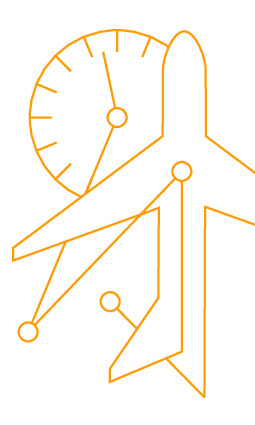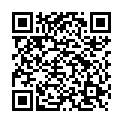|
|
|
| Module code: ABBG13 |
|
|
4V (4 hours per week) |
|
5 |
| Semester: 1 |
| Mandatory course: yes |
Language of instruction:
German |
Assessment:
Written exam (120 minutes)
[updated 01.10.2020]
|
Exam recurrence:
The information regarding exam recurrence is found within the exam policy of the study programme (ASPO).
|
ABBG13 (P410-0050) Aviation Business (Basic), Bachelor, ASPO 01.10.2015
, semester 1, mandatory course
ABBG13 (P410-0050) Aviation Business (Basic), Bachelor, ASPO 01.10.2018
, semester 1, mandatory course
|
60 class hours (= 45 clock hours) over a 15-week period.
The total student study time is 150 hours (equivalent to 5 ECTS credits).
There are therefore 105 hours available for class preparation and follow-up work and exam preparation.
|
Recommended prerequisites (modules):
None.
|
Recommended as prerequisite for:
ABBG14 Measurement, Engine & Airframe
[updated 05.11.2021]
|
Module coordinator:
Prof. Dr. Dirk Hübner |
Lecturer: Prof. Dr. Dirk Hübner
[updated 01.10.2018]
|
Learning outcomes:
Material Science:
After successfully completing this module, students will have acquired knowledge about the most important material properties, as well as corresponding test methods. In addition, students will be able to demonstrate the microstructure and the possibilities of influencing microstructures by alloying and/or heat treatment. They can relate the properties associated with this to the material structure. Using this as a basis, they will be able to show and explain the effect of external influences such as temperature, deformations, notches or corrosion on the structure. They will be able to transfer this general knowledge to the material behavior of materials mainly used in aviation and point out differences.
In the Material Science part (2 SWS, half lecture and half tutorial), the module will teach students about the material properties and material structures essential for use in aviation. The effects of external influences such as temperature, deformations, notches or corrosion on material structure will be explained and transferred to the behavior of materials mainly used in aviation and the differences will be discussed.
Physics:
After successfully completing this part of the module, students will be able to explain basic physical relationships and have a physical understanding of simple everyday processes in nature, on the road, in sports, etc. They will be able to apply their physical knowledge to practical problems and to solve simple physical problems independently. The "Physics" part of the module (2 SWS, half lecture and half tutorial) teaches basic physical relationships and provides students with an understanding of the physical processes that can be observed in nature, on the road and in sports. A major objective of this module, is that prospective pilots will be able to apply their knowledge of these basic physical relationships to practical problems and solve simple physical tasks independently.
[updated 01.10.2020]
|
Module content:
Material Science:
- Material properties and changes under static tension, oscillating and impact stress
- Creep and relaxation
- Corrosion
- Structure of metals, plastics and ceramics and influencing variables
- Effect of external influences on structure and properties and crack and fracture behavior
- Aviation-relevant properties of aluminium, titanium and nickel materials as well as steels and plastics,
CFRP and ceramics
Physics:
- Kinematics and dynamics of point masses
- Work, energy, power
- Collision processes
- Rotation
[updated 01.10.2020]
|
Teaching methods/Media:
Material Science: Lecture with integrated tutorial
Physics: Lecture with integrated tutorial
[updated 01.10.2020]
|
Recommended or required reading:
Material Science:
- Seidel, W. (besondere Empfehlung) (2007): Werkstofftechnik, Carl Hanser Verlag
- Hornbogen, E. (2002): Werkstoffe, Springer Verlag
- Ilschner, B., Singer, R. F. (2005): Werkstoffwissenschaften und Fertigungstechnik, Springer Verlag,
- Schatt, W., Worch, H. (2003): Werkstoffwissenschaft, Wiley-VCH Verlag
Physics:
- Hering, E., Martin, R., Stohrer, M. (2012): Physik für Ingenieure, 11. Auflage, Springer
- Hilscher, H. (1998): Physikalische Freihandexperimente, Band 1 + 2, Aulis Verlag Deubner
- Lindner, H., Siebke, W., Simon, G.: (2001): Physik für Ingenieure, Fachbuchverlag Leipzig
- Tipler, P., Mosca, G., (2009): Physik für Wissenschaftler und Ingenieure, 6. Auflage, Springer
[updated 01.10.2020]
|


